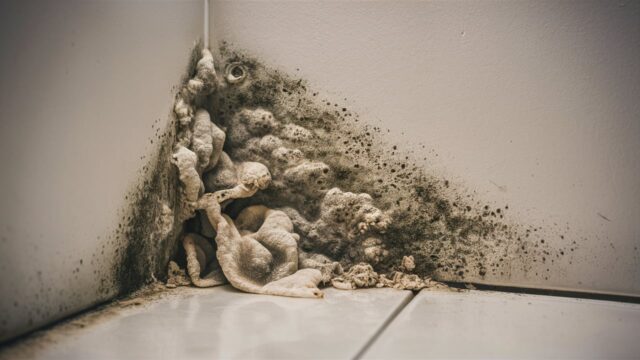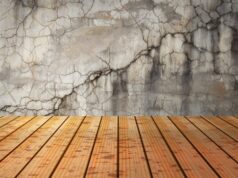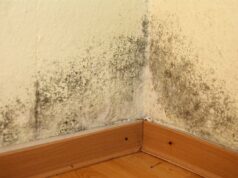Mold is a common problem that many property owners face, yet its impact can be far more detrimental than most people realize. From causing structural damage to compromising indoor air quality, mold has the potential to wreak havoc on your property and your health. Understanding the basics of mold, how it grows, and the factors that contribute to its development is crucial in effectively managing and preventing mold growth in your home or business.
In this article, we will delve into the world of mold, exploring its impact on your property and providing essential insights into how you can combat this insidious invader.
Introduction to Mold: What You Need to Know
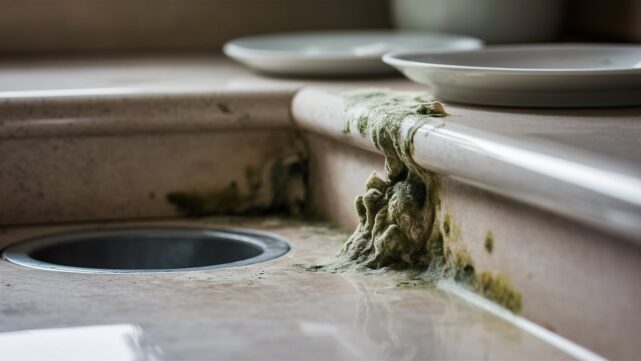
Mold is a common issue that many property owners face, yet it is often not fully understood. Mold is a type of fungus that thrives in damp, warm environments, making it a common problem in areas with high humidity or water damage. Mold can spread quickly and cause significant damage to both property and health if not addressed promptly. It can lead to respiratory issues, allergies, and even structural damage to buildings.
Understanding the basics of mold, including how it grows, spreads, and impacts your property, is essential for maintaining a safe and healthy environment.
Identifying Mold Growth in Your Property
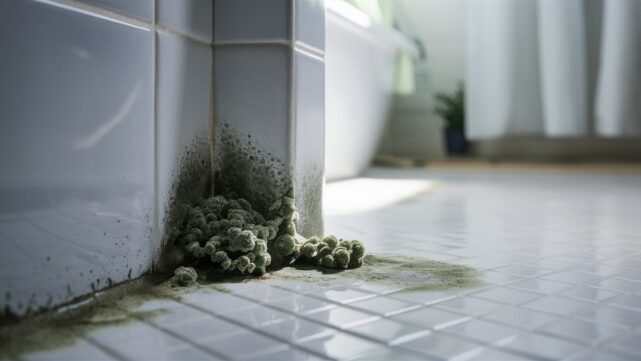
Identifying mold growth in your property is a critical step in maintaining a healthy and safe environment for both your property and its occupants. Mold can often go unnoticed, as it thrives in dark, damp areas such as basements, bathrooms, and attics.
Common signs of mold growth include musty odors, visible discoloration on walls or ceilings, and respiratory issues such as coughing or sneezing. It is important to address any suspected mold growth promptly to prevent further damage and potential health risks. Regular inspections and proper moisture control are key in preventing mold growth in your property.
Health Risks Associated with Mold Exposure

Exposure to mold can pose serious health risks to individuals, especially those with allergies, asthma, or weakened immune systems. Mold spores can trigger respiratory issues such as coughing, wheezing, and shortness of breath. Prolonged exposure can also lead to more severe symptoms, including respiratory infections, sinusitis, and allergic reactions.
In some cases, mold exposure has been linked to more serious health concerns like lung infections and lung damage. It is important to be aware of the potential risks associated with mold exposure and take proactive measures to prevent and address any mold growth in your property.
Conclusion
In conclusion, mold can have a significant impact on both the structure and air quality of your property, posing potential health risks to occupants. It is crucial to take preventative measures, such as regular inspections and maintenance, to mitigate the growth of mold in your home or business.
If you suspect mold is present, it is essential to contact professionals like Mold Test Tampa to conduct a thorough assessment and remediation process to ensure the safety and well-being of everyone in the affected space. By understanding the causes and effects of mold and taking proactive steps to address it, you can help maintain a healthy environment for yourself and those around you.

